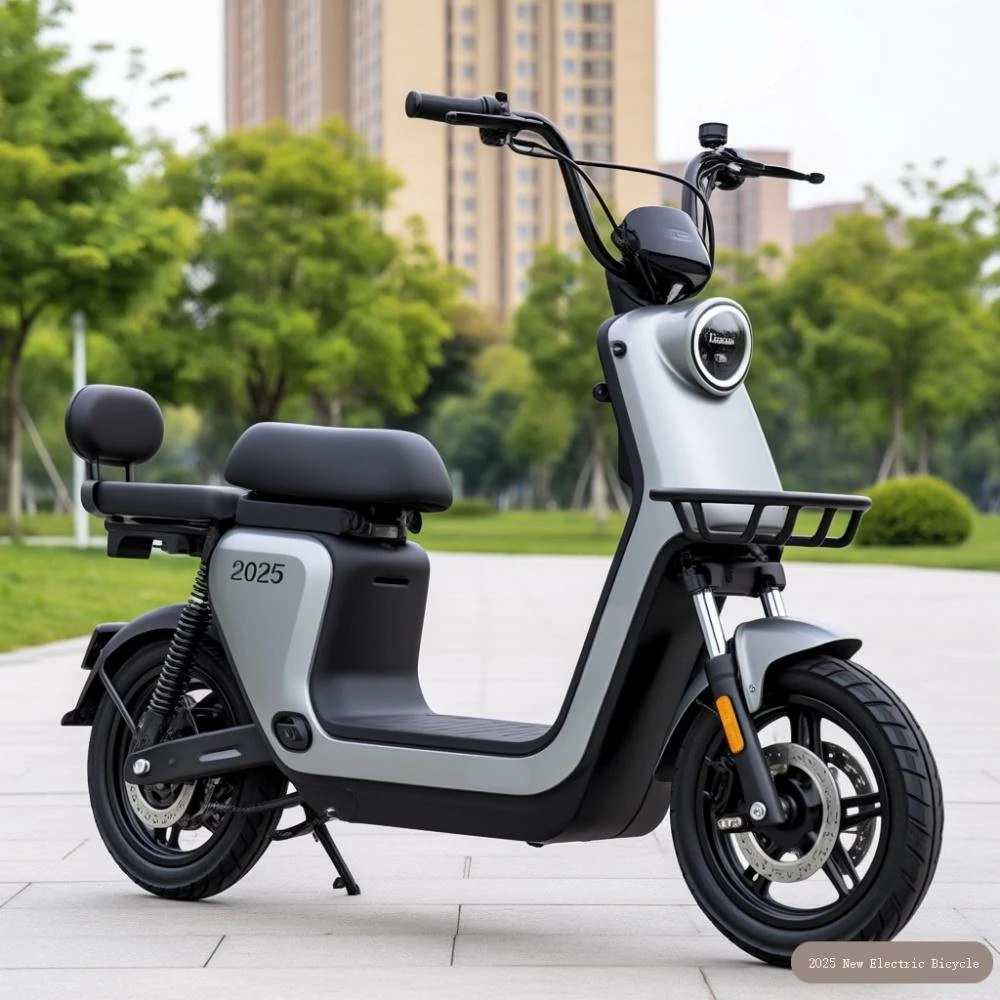Laws and regulations related to electric bicycles in Australia
2025-08-15
Australia's management measures for electric bicycles cover multiple aspects such as power classification, safety standards, battery regulation, road use regulations, and educational pilot programs, as follows:
Power classification and road management
- Electric bicycles with a power below 200 watts can be driven directly on the road without registration, and violations will be treated as regular bicycles.
- Electric bicycles with a power exceeding 200 watts are considered small motorcycles and require registration and holding the corresponding driver's license.
Road usage regulations: Electric bicycles must turn off their power assist when driving in bike lanes or areas with high pedestrian density; The car lights must comply with regulations (white front lights, red rear lights, visibility not less than 200 meters).

Safety standards and certification requirements
Mandatory certification in New South Wales: Starting from February 1, 2025, electric bicycles must meet one of the following standards:
- Maximum continuous rated output ≤ 500 watts: AS 15194:2016, EN 15194:2017+A1:2023, UL 2849 (Electric Bicycle Electrical Systems).
- Maximum continuous rated output>500 watts: UL 2849 (electric bicycle electrical system).
Battery safety standards: Electric bicycle batteries must meet one of the following standards:
- EN 50604-1:2016+A1:2021 (Secondary lithium batteries for light electric vehicles)
- IEC 62133-2:2017 (Safety requirements for portable sealed secondary batteries)
- UL 2271 (Battery for Light Electric Vehicle Applications)
Certification process:
- Starting from February 1, 2025: Products must comply with standards, but testing, certification, or labeling is not mandatory.
- Starting from August 1, 2025, sellers must obtain testing and approval certificates before they can sell.
- Starting from February 1, 2026: Products must pass testing, certification, and labeling before they can be sold.
Battery regulation and safety enhancement
- Lithium ion battery safety standards: Starting from February 2025, New South Wales will implement mandatory safety standards for lithium-ion batteries used in electric mobile devices such as electric bicycles, with the aim of reducing the risk of fire.
- Testing and certification requirements: The battery must pass testing by an accredited laboratory and obtain a product approval certificate issued by a certification body. The markings must be clear and permanently displayed on the product.
Education pilot and safety promotion
- Student safety testing pilot: New South Wales plans to launch a student electric bicycle safety testing program, requiring students to pass online assessments (covering bicycle safety, road rules, etc.) before riding to school. Some schools have expressed interest in participating.
- Safety awareness enhancement: Conduct lithium-ion battery and electric bicycle safety training through community platforms, strengthen emergency response personnel certification training, and enhance public safety awareness.
Recommended electric bicycle batteries:
Bicycle battery OEM customization
